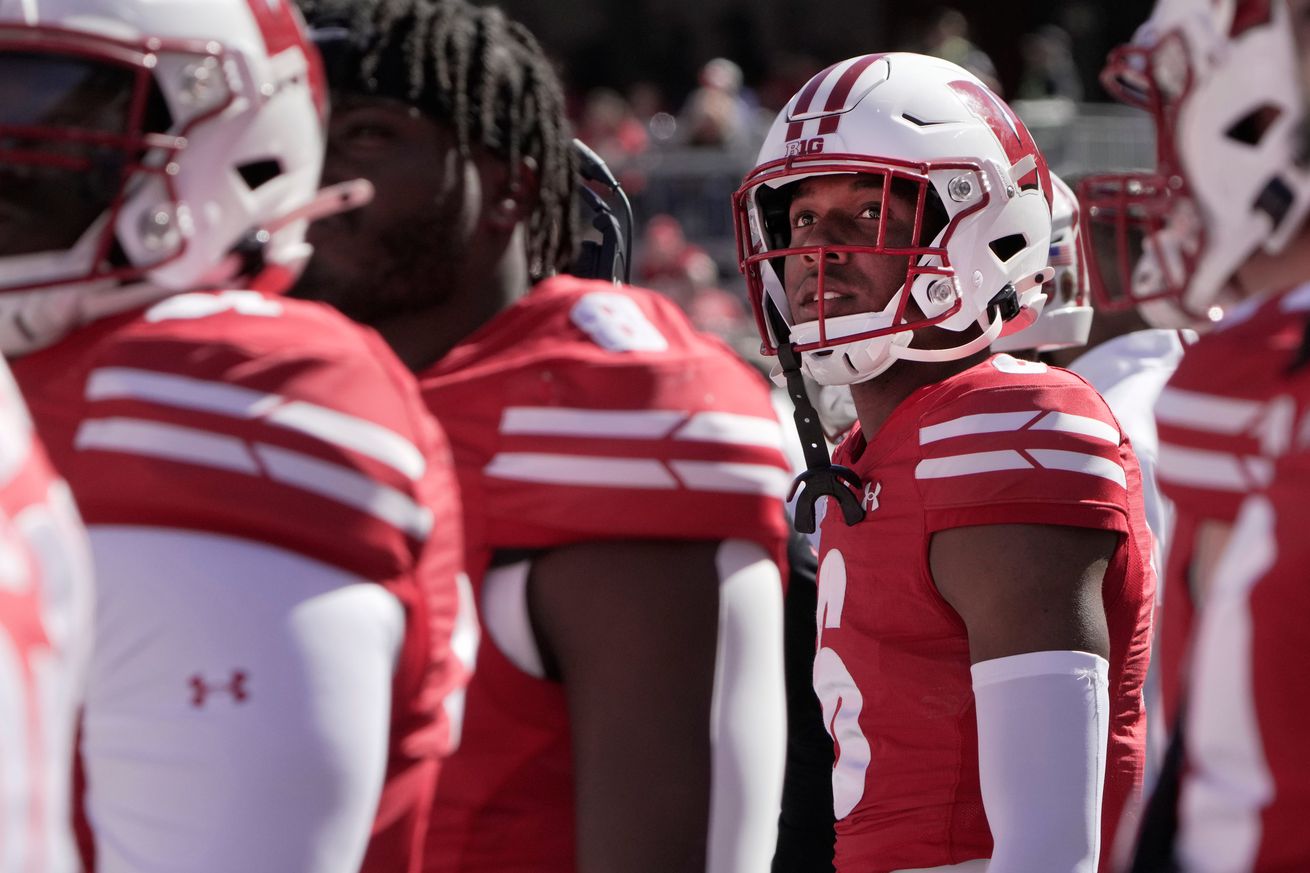
The Badgers officially filed a lawsuit that was months in the making against Miami for tampering.
Perhaps the biggest storyline for the Wisconsin Badgers this offseason was their saga with the Miami Hurricanes over defensive back Xavier Lucas’s departure from the program.
Lucas, a four-star recruit in the Class of 2024, had immediately become a contributor for Wisconsin and seemed primed for a big role this season.
However, after signing a two-year binding rev-share agreement with the school in December, Lucas elected to enter the transfer portal.
Wisconsin, believing tampering was involved, did not submit his name into the portal, despite bylaws stating that a school must do so within 48 hours of a request.
Taking matters into his own hands, Lucas then found a loophole in the system, unenrolling in classes at Wisconsin and enrolling in classes at Miami, where he is set to play this fall.
For months, it was unclear when the Badgers would make their move, but finally, a lawsuit was filed last week by Wisconsin, alleging that tampering occurred between Lucas and Miami back in December.
What’s next in the battle between Wisconsin and Miami? CBS Sports’s John Talty broke down the latest on the situation, sharing his thoughts on the entire process.
“The legal enforceability of a revenue share agreement between a football player and institution is at the crux of a landmark legal case between two Power Four schools that could have wide-ranging implications,” Talty wrote.
“Wisconsin wants compensation for the financial and reputational harm it and collective VC Connect suffered in losing Lucas, but what it really wants is to set a precedent. If successful, Wisconsin’s lawsuit could have a significant impact in decreasing tampering and increasing roster stability in what has been years’ worth of unregulated free agency in college athletics. Its decision to bring a lawsuit at all is noteworthy — and months in the making.”
While schools and coaches have publicly called out tampering in the first, Wisconsin’s lawsuit is the first to actually seek retribution and take action on their allegations.
The main account of tampering in the lawsuit was Wisconsin alleging that Lucas hosted a Miami coach and a prominent alumni member at his house on December 18th, which was relayed to the school by a family member.
“While Lucas, a Florida native, relayed a family-related reason for wanting to transfer — Yahoo Sports reported that his father had a “serious, life-threatening illness,” according to his attorney — Wisconsin believed the true reason emerged Dec. 18 when one of Lucas’ family members said that Lucas had hosted a Miami coach and a “prominent Miami alumnus” at his home earlier that month,” Talty shared, via the lawsuit.
“Wisconsin informed Lucas and his family on Dec. 21 that it would not enter him into the transfer portal, believing there was a “reasonable expectation” that Lucas would continue “as a member of its football program until at least the conclusion of the university contract,” according to the lawsuit.”
After Wisconsin and Lucas couldn’t come to a resolution on the matter, the defensive back unenrolled in classes on January 17th and enrolled at Miami, marking the first time that has occurred.
Now, with the lawsuit filed, what’s next?
Well, the stakes are high here, as Wisconsin’s lawsuit could set a major precedent in college football that many coaches are calling for.
“There needs to be severe repercussions for it, but at the same time, you can’t prove any of this stuff. You can’t subpoena phone records,” TCU head coach Sonny Dykes said, via Talty. “I’m a big believer in don’t have speed limits if you’re not going to write tickets. Let’s not have a bunch of rules if they aren’t going to be enforced. All that does is cheapen the game and our profession, quite frankly. You better have someone to write tickets to enforce those rules and right now there’s nobody doing that.”
However, Wisconsin will need to prove that the tampering occurred, which could prompt enforcement in some way regarding the current NIL system.
Of course, the conversation about athletes and employment has come up.
“The Big Ten revenue share template that Wisconsin used states that it is for NIL rights and not pay-for-play, though the lawsuit also claims that Lucas agreed to not play for another school for the duration of the two-year contract,” Talty said. “Additionally, it claimed the revenue share agreement granted it “exclusive license” to Lucas’ NIL rights for those two years and that he could not grant them to any other institution during that time period.”
The bigger issue could end up being if enforcement doesn’t occur. That could really open things up in a dangerous way in college football, as the repercussions weren’t set in a major example.
Regardless of how things ultimately end, it’s clear Wisconsin’s lawsuit will have a big impact on college athletics and recruiting in some way. We’ll see exactly which way that ends up being.